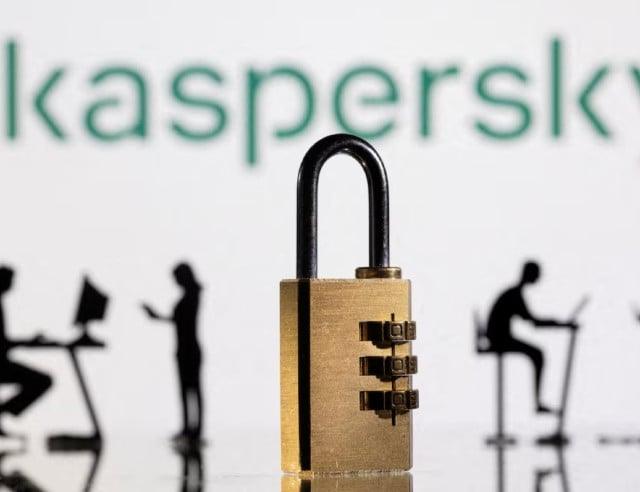Islamabad:
Pakistan experienced an 18% increase in phishing attempts in 2024 compared to 2023, the Kaspersky renowned multinational cybersecurity company revealed on Wednesday, while cybercriminals continued to capitalize on well -known brands to steal identification information or install malware.
He said that he had blocked 26% more phishing attempts in the world in the past year, compared to the previous year. He added that users have encountered more than 125 million attacks involving malicious attachments. “In Pakistan, an increase of 18% has been recorded,” he said.
The increase in phishing attempts between Mai-Juillet is traditionally linked to the holiday season when fraudsters frequently try to attract travelers with scams involving false air and hotel reservations, misleading packages and too beautiful offers.
Phishing is a type of cyber attack where attackers try to deceive individuals to reveal sensitive information, such as user names, passwords, credit card numbers or other personal data. This is generally done by pretending to be a reliable entity in emails, SMS or false websites, etc.
Kaspersky said that cybercriminals have continued to capitalize on well -known brands such as booking, Airbnb, Tiktok and Telegram to steal identification information or install malware. An current campaign, he said, had targeted users of the Tiktok store.
“The cybercriminals have created false connection pages designed to steal the references of the sellers. In addition, the crooks have capitalized on new trends, orchestrate fraud systems involving the subjects of media, for example the game of cryptocurrency game Kombat and the tons wallets,” he added.
“While the basic mechanisms of phishing and scams remain unchanged, the attackers constantly refine their disguises. They capitalize on new trends, the subject focused on media and even combine the mark of several companies on a single page of phishing to improve the efficiency of their campaigns.”
Olga Svistunova, a Kaspersky security expert, said the AI tools helped cybercriminals create false websites very convincing, making fraud more difficult to detect. “These evolving tactics present an increasing risk – not only for financial security but also for the protection of personal identity,” warned Svisunova.
In order to avoid becoming a victim of phishing, scam or malicious messages, Kaspersky experts advised users to open only emails and click on links if they were sure they could trust the sender.




